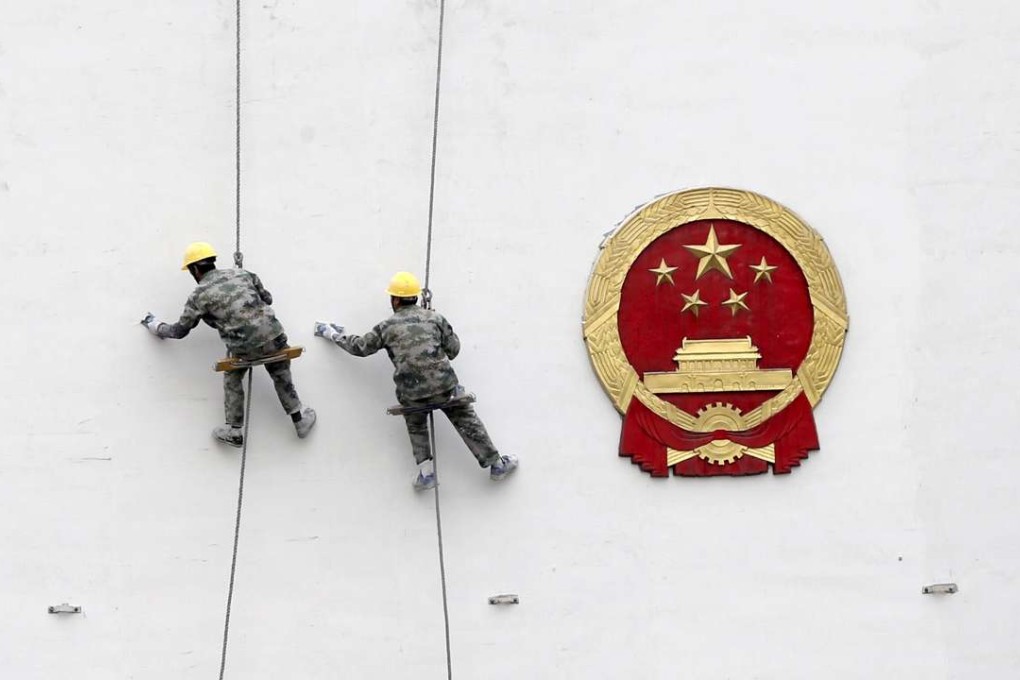Employees in China should be allowed to protest against work conditions without fear of reprisals
Aaron Halegua says the mainland needs to extend the legal protection now given to whistle-blowers to workers who complain of ill treatment

On March 30, China issued a new regulation to better protect whistle-blowers who report work-related crimes. Among the provisions are several articles that not only prohibit retaliation, but also, for the first time, describe the many forms it can take and provide greater detail on how the government should prevent and address reprisals. Laying this legislative foundation is an important step. The government should adopt similar anti-retaliation provisions for workers who protest against labour law violations by employers.
New rules to protect China’s workplace whistle-blowers
The same problem exists in individual disputes. Besides termination, retaliation may also occur in “less visible – and more deniable – ways such as transfers to other posts, or the rejection of a promotion or bonus”, as reported in the Post. In a survey of 685 Foxconn workers, over 47 per cent reported experiencing retaliation after raising a complaint. Public-sector workers are not immune either.

China holds outdoor trial of migrant workers protesting unpaid wages ‘to educate public in law’
The result is a fear of retaliation that makes workers tolerate rather than complain about illegal employment practices. Indeed, a 2012 survey found that over 80 per cent of migrant workers in Guangzhou feared losing their job if they sued their employer.

In China, labour activism is waking up
By contrast, retaliation is explicitly prohibited in the whistle-blower context. The March 2016 regulations, jointly issued by the Supreme People’s Procuratorate and the public security and finance ministries, takes a further step by enumerating 10 categories of acts that constitute retaliation. Some acts are not specific to the employment relationship, such as violent acts or threats, or defaming the whistle-blower. But, several of them are, including: termination, dismissal or discipline; deducting or withholding wages, bonuses or other benefits; or negative actions regarding job promotions, work assignments and employee evaluations or ratings. Even retaliatory acts against the relatives of the whistle-blower are prohibited.